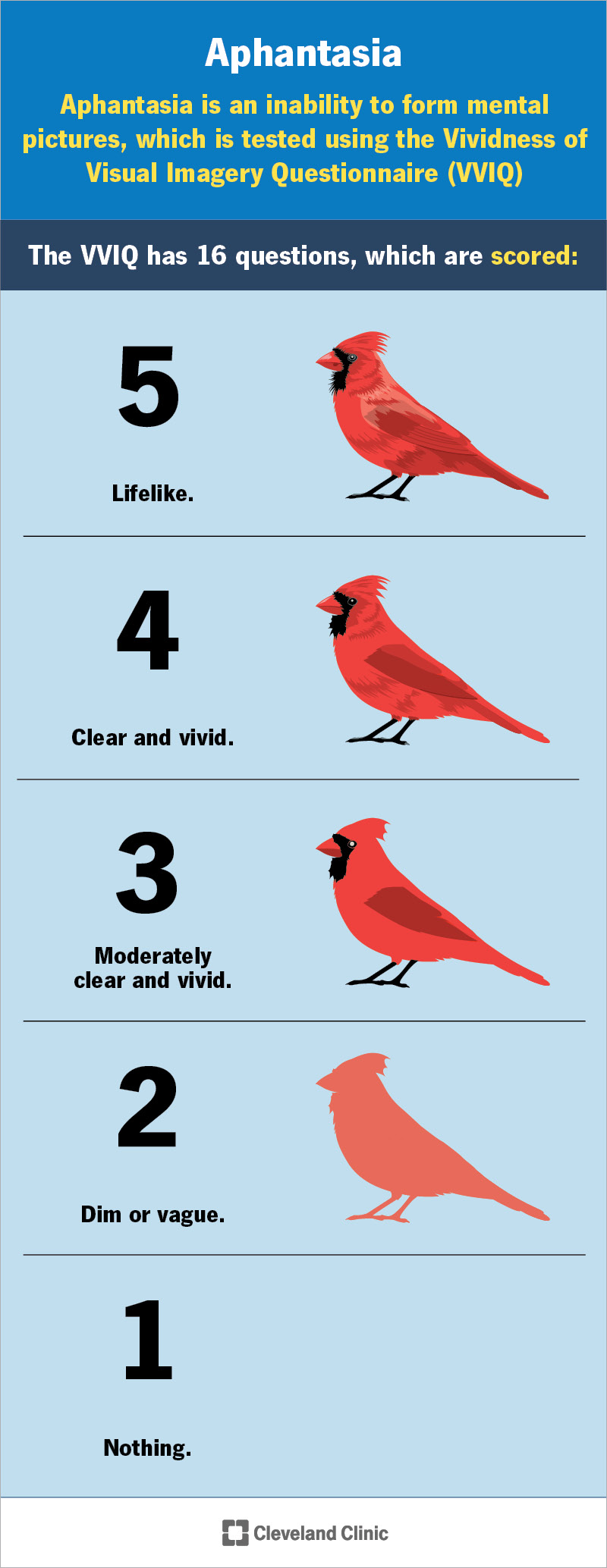As for the main topic of this thread, I agree with his main premise. Obviously there aren't only "two differences" between an amateur and a pro, but his point stands.
"He also pointed out that if you are an experienced pool player, you very rarely miss shots because of your aim. You miss shots because of a breakdown in your stance or stroke."
As for this, it can be a vicious cycle for lower-rated or intermediate level players who don't have their fundamentals worked out. Their stance/stroke sucks, so they miss shots, which in turn makes them trust their aim even less, causing even more misses. Once they fix their fundamentals up to a certain standard, they will start trusting their aim more as a result, even if nothing changed in their aiming process.
-
One effective habit I have in my practice, is to always switch to shooting straight-in shots, if something starts feeling funny in my fundamentals for a given shot, or I miss a shot by more than what is reasonable for my standards. The idea is to take the essence of the shot at hand that I missed (e.g. a certain type of an awkward bridge or body position, being elevated, power-draw), and remove the variable of aim from it by setting it up as a straight-in shot.
Then I repeat that straight-in shot a couple times, and depending on the results, usually know pretty confidently why I missed earlier (e.g. some old habit creeping in or forgetting to do a certain thing in my PSR). Sometimes the original miss might be a 100% aiming issue, e.g. some touchy sidespin shot, where I haven't done enough reps yet to feel the required aim well enough. Sometimes the results are very weird, and I can't figure out the pattern of my misses (which usually means a technical issue, not being aware of something I am doing differently with my body which can cause a miss, these are most common for awkward body positions e.g. elevated shots), in which case it's time to stop doing whatever practice routine I was doing, and switch to working on that particular type of problem shot until it makes more sense.
Put it simply, when practicing, I always want to know why I missed, not just mindlessly repeat the same shot over and over until I don't miss, because that can lead to fixing mistakes with other mistakes, e.g. compensating for a stroke deficit with faulty aim.
